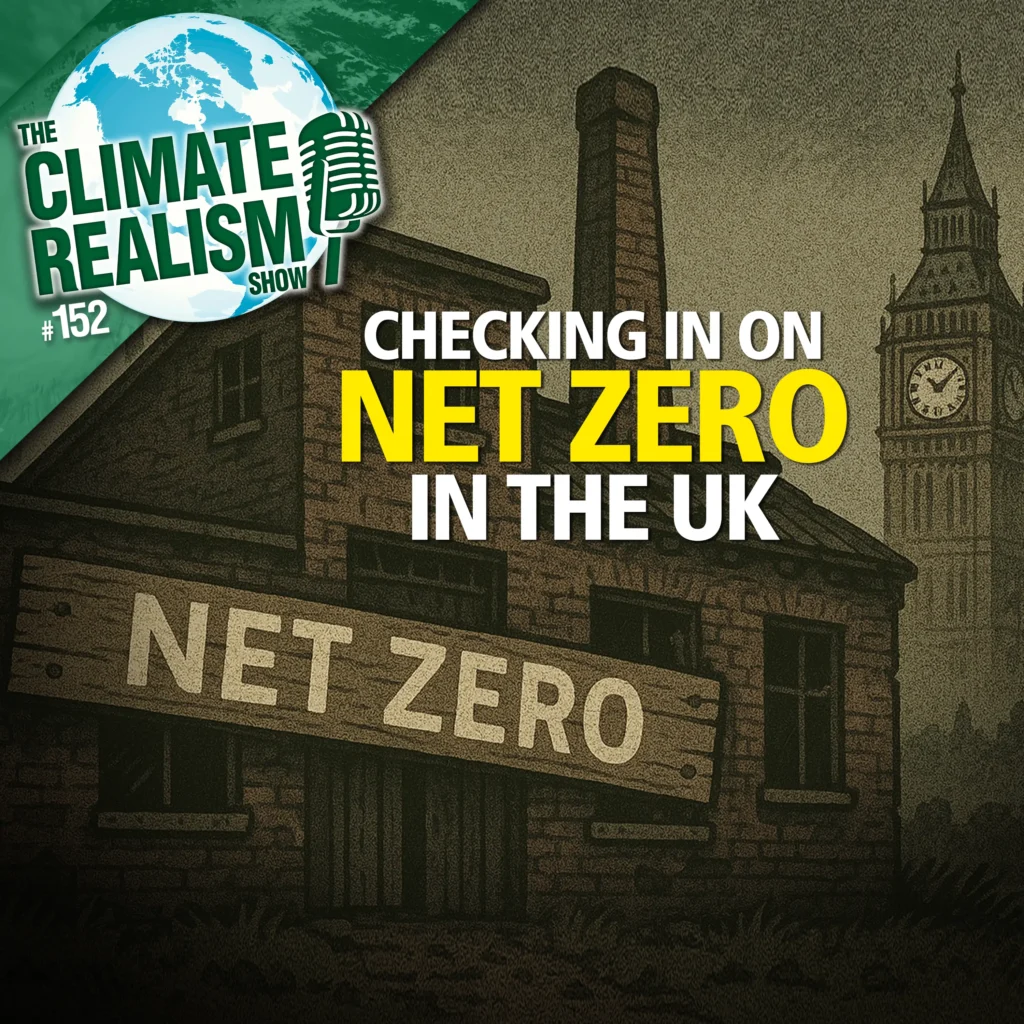Companion bills to ban hydraulic fracturing, also known as fracking, are under consideration in the Florida Legislature.
Senate Bill 146 was filed by state Sen. Linda Stewart (D-Orlando), and House Bill 239 was filed by Rep. Heather Fitzenhagen (R-Fort Myers).
Those opposing fracking in Florida cite concerns the process could contaminate the Everglades National Park or groundwater in the Floridian or Biscayne aquifers, which provide drinking water to most of the state’s population.
Newly elected Gov. Ron DeSantis, a Republican, supports efforts to ban fracking. Shortly after he took office, DeSantis signed an executive order directing the state’s Department of Environmental Protection and other agencies to “take necessary actions to adamantly oppose all offshore oil and gas activities off every coast in Florida and hydraulic fracturing in Florida.”
History of Safety
Fracking, although not currently being conducted in Florida, has been used safely in the past in the state.
“Over 1,000 permitted wells have been drilled [in Florida] since 1943,” a state Department of Environmental Protection report states. “During this timeframe, the petroleum industry has safely produced 611 million barrels of crude oil and 689 billion cubic feet of natural gas.
“There have been no major accidents, spills, or blowouts in Florida’s history,” the Department of Environmental Protection reports.
The U.S. Energy Information Administration reports more than 1.92 million barrels of crude oil were extracted in the state in 2017, along with 14.87 billion cubic feet of natural gas, with no significant spills or harm.
Fracking Safe, Research Says
Since 2010, more than two-dozen peer-reviewed scientific studies and assessments have indicated fracking poses no systemic threat to groundwater sources.
A 2016 U.S. Environmental Protection Agency (EPA) study confirmed these findings. EPA’s $29 million, six-year study of the effects of fracking on groundwater examined 110,000 fracked oil and natural gas wells in use across the country since 2011. The study found fracking poses no credible threat to water quality.
‘Environmentally Meaningless’
A fracking ban would hurt Florida’s economy while doing nothing to protect the environment, says Isaac Orr, a policy fellow with the Center of the American Experiment.
“Gov. DeSantis’ executive order and the proposed bills to ban fracking are environmentally meaningless and economically punitive,” Orr said. “Hydraulic fracturing is a proven, safe technology that has unleashed a wave of abundant, affordable energy and has done so in an environmentally responsible manner.
“Natural gas accounts for 70 percent of the electricity used in Florida, and fracking is responsible for two-thirds of the natural gas produced in the United States,” Orr said. “Banning fracking is foolhardy.”
Fracking presents no threat to surface water, because it takes place thousands of feet beneath the ground, says Tom Harris, executive director of the International Climate Science Coalition.
“What the general public fails to understand is optimal fracking is carried out at great depths,” Harris said. “Operating at least 3,000 feet beneath the surface, fracking creates small cracks, just a few feet in length, in the shale, allowing oil and natural gas to flow more readily but posing no risk uncaptured oil and gas can seep into surface waters.”
Timothy Benson (tbenson@heartland.org) is a policy analyst with The Heartland Institute.
INTERNET INFO
Timothy Benson, “Research & Commentary: No Need to Fear Fracking in Florida,” The Heartland Institute, January 24, 2019: https://heartland.org/publications-resources/publications/research–commentary-no-need-to-fear-fracking-in-florida





